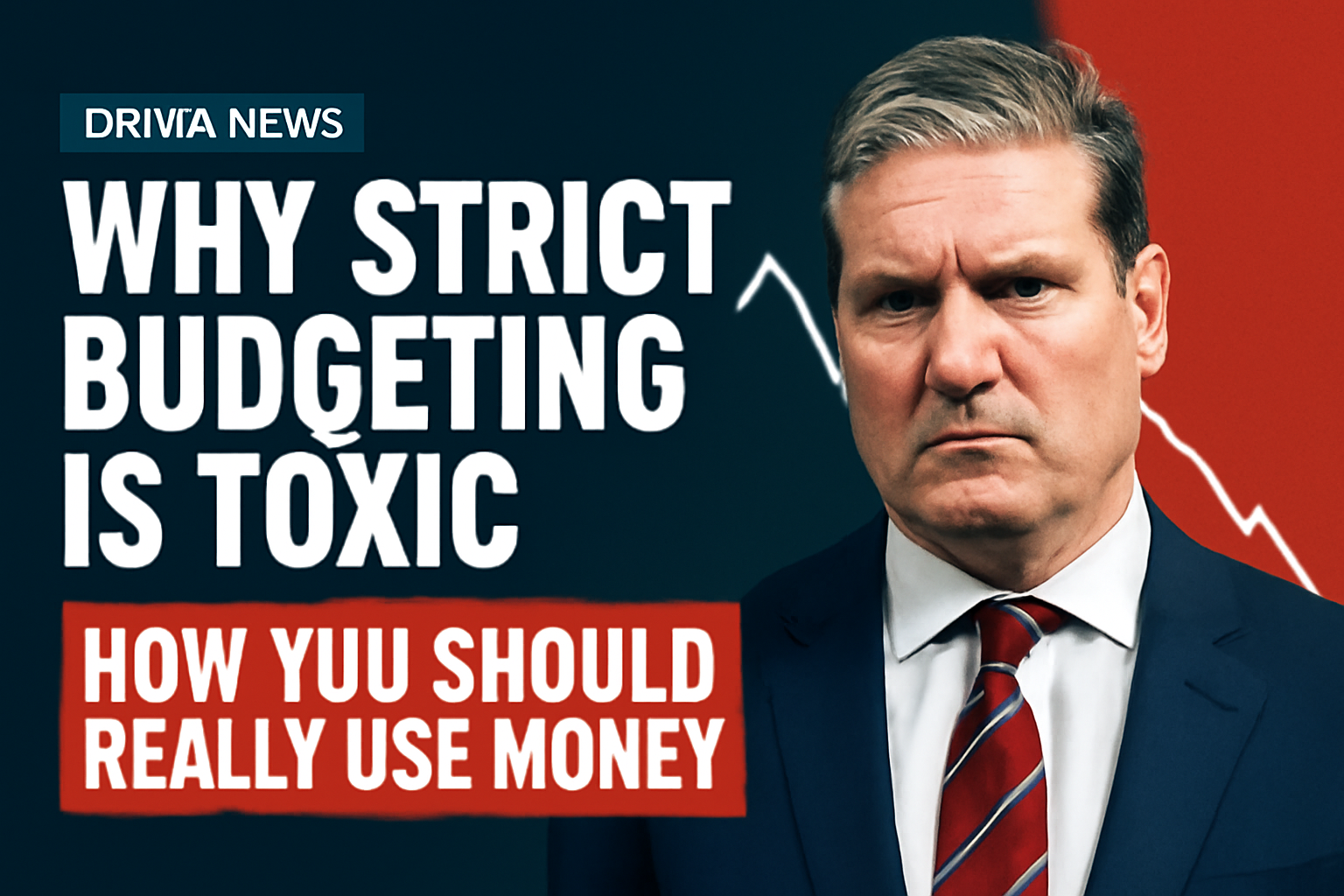Budgeting is Toxic? Yes, You Read That Right!
Budgeting, the sacred cow of the financial world, might just be another way to make you feel like a total failure. Have you ever tracked every penny, made a strict plan for every dollar, only to realize at the end of the month that you failed? Dana Miranda, a certified personal finance educator and author of “You Don’t Need a Budget,” claims that the toxicity of traditional budgeting is the real problem.
Budgeting is Like a Diet for Your Wallet
Miranda compares budgeting to diets we all hate. Restrictions, rules, guilt when you fail — sound familiar? Research shows that this approach to money doesn’t work long-term. People feel like failures, and anxiety rises. The University of Esoti even showed that budgeting can increase stress rather than help achieve financial goals.
Capitalism and Money: Why Budgeting is Toxic
Miranda believes the problem lies in capitalist culture, which views money only as a means to accumulate wealth, not as a tool for a better quality of life. Strict plans and restrictions are like handcuffs — they hold you back from enjoying life.
The Alternative: Mindful Spending and Money Meetings
Instead of making a strict plan for every dollar and punishing yourself when you fail, Miranda suggests mindful spending. This means approaching money intuitively, in the moment, asking: “How is money serving me now?” and “How can it serve beyond just numbers?”
She also advises having regular money meetings with yourself, say every two weeks. At these meetings, you analyze how your spending affects other areas of life and whether your financial decisions align with your priorities. For example, if you plan a trip, consider how it will impact your retirement savings or other expenses.
Money Map: A Flexible Approach to Goals
Miranda recommends creating a money map — a visual representation of your goals, resources, and obligations. Unlike a budget, a money map is flexible. If it’s more important to spend money on something now, you can easily adjust your goals. This helps you see the bigger picture and not be a slave to rigid rules.
Is Budgeting Still Important?
Of course, many financial advisors still see budgeting as key to financial health. Tanja Braun, a financial advisor, says budgeting is important regardless of income because it helps you decide where your money goes and how to live the life you want. But for those with unstable or low incomes, strict budgets can be an extra burden.
Debt Isn’t Always the Enemy
Another controversial idea from Dana Miranda is that debt isn’t necessarily immoral or destructive. Debt is a resource that should be understood and used wisely. Of course, if you don’t pay off your debts on time, you can incur extra costs and damage your credit score.
Conclusion: Break Free from Budget Chains
Budgeting isn’t for everyone, and for some, it can be toxic. Instead of struggling with spreadsheets and guilt, try mindful spending, regular money meetings, and a flexible money map. It’s important to trust yourself and use money as a tool for a better life, not as punishment.
So, what do you think? Have you ever tried ditching strict budgets? Or are you loyal to your spreadsheets and plans? Drop a comment — maybe together we can find the best way to handle money without stress and shame! 😉









